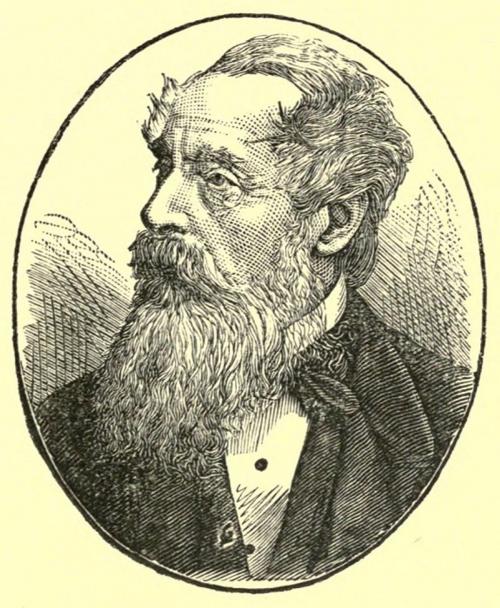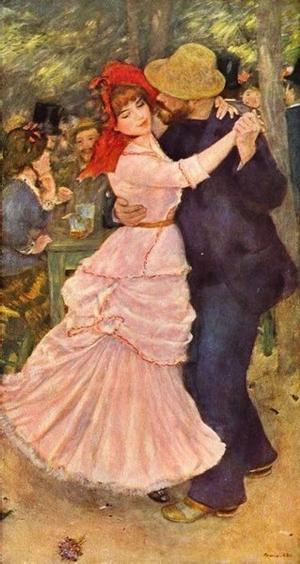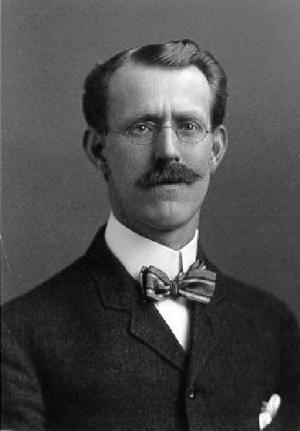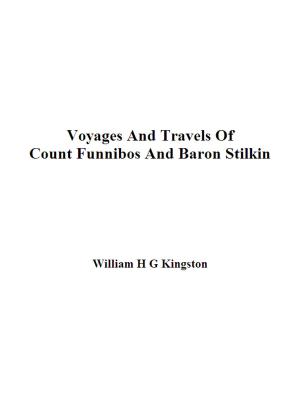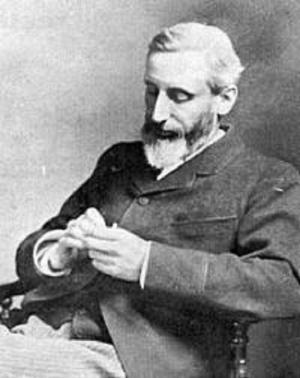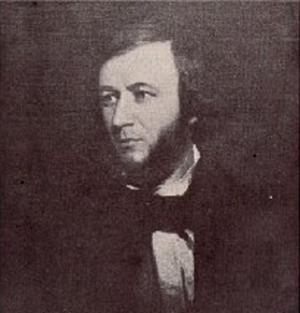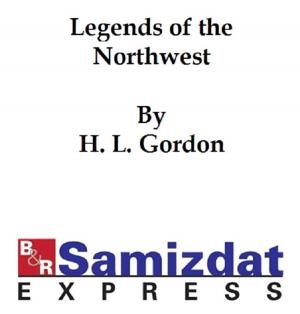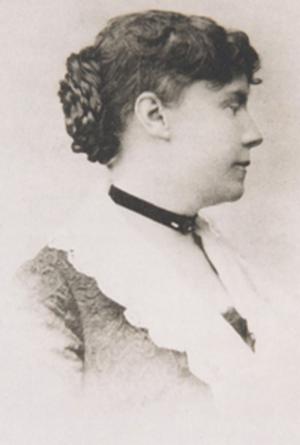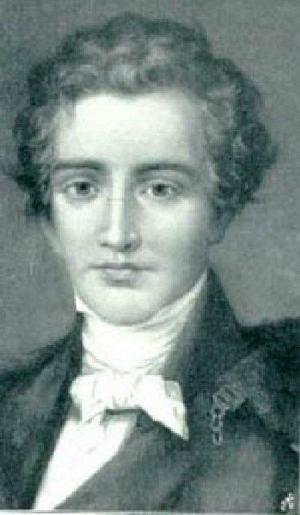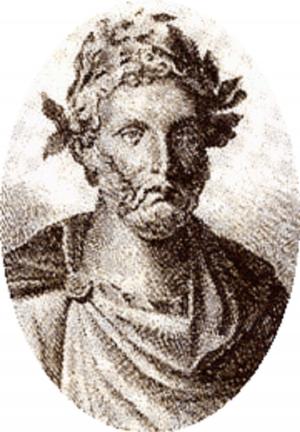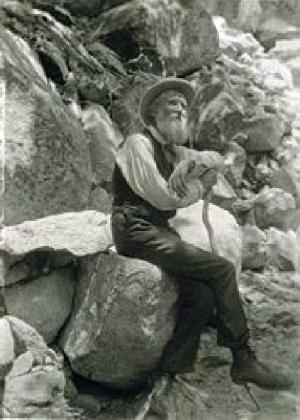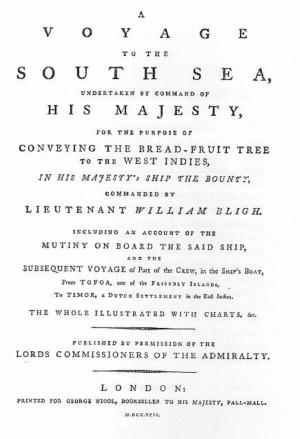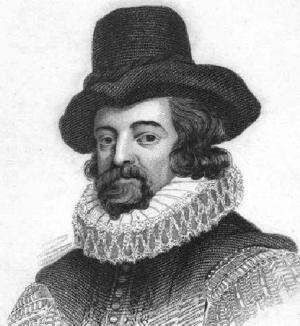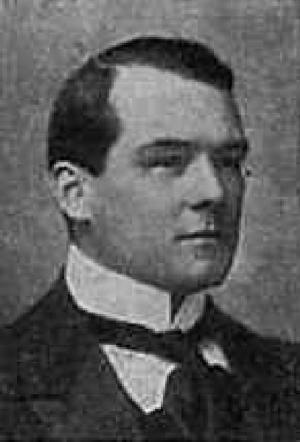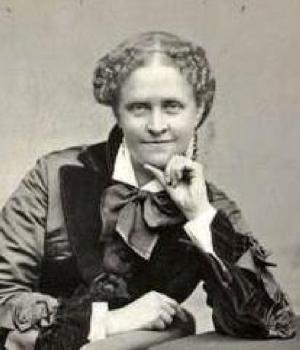| Author: | Kingston, W.H.G. | ISBN: | 9781455388608 |
| Publisher: | B&R Samizdat Express | Publication: | June 10, 2015 |
| Imprint: | Quench Editions | Language: | English |
| Author: | Kingston, W.H.G. |
| ISBN: | 9781455388608 |
| Publisher: | B&R Samizdat Express |
| Publication: | June 10, 2015 |
| Imprint: | Quench Editions |
| Language: | English |
The book, quite a long one, is concerned with the adventures of a boy, Walter Heathfield, and of his sister Emily. They appear on the scene in chapter one, in rather a dramatic fashion, as they are rescued from a sinking ship, along with their dying father, moments before the ship finally vanishes. On reaching London their relations are traced, but none appear at all interested in them, except for Uncle Tom, who has but little money, and who unfortunately dies before the chapter is done, of a horse-riding accident. As a result the ship's captain and his family decide to look after them. The captain has a daughter, Grace, and a kindly wife. He asks them all to accompany him on the ship's next voyage, which is to the eastern seas. There is a passenger, a Mr Nicholas Hooker, who is a naturalist, and who of course delivers himself of numerous speeches describing the animals and plants they see during the trip. They have numerous adventures, including of course (as you would expect in a Kingston novel) the loss of the ship. Walter keeps a journal, though at times Emily has to write it for him. When they finally get back to Old England, the old relative, Lord Heatherly, who had refused to help them, dies, and it turns out Walter is his heir. So the fortunes of Walter and Emily are very much changed. According to Wikipedia: "William Henry Giles Kingston (28 February 1814 - 5 August 1880), writer of tales for boys, was born in London, but spent much of his youth in Oporto, where his father was a merchant. His first book, The Circassian Chief, appeared in 1844. His first book for boys, Peter the Whaler, was published in 1851, and had such success that he retired from business and devoted himself entirely to the production of this kind of literature, in which his popularity was deservedly great; and during 30 years he wrote upwards of 130 tales, including The Three Midshipmen (1862), The Three Lieutenants (1874), The Three Commanders (1875), The Three Admirals (1877), Digby Heathcote, etc. He also conducted various papers, including The Colonist, and Colonial Magazine and East India Review. He was also interested in emigration, volunteering, and various philanthropic schemes. For services in negotiating a commercial treaty with Portugal he received a Portuguese knighthood, and for his literary labours a Government pension."
The book, quite a long one, is concerned with the adventures of a boy, Walter Heathfield, and of his sister Emily. They appear on the scene in chapter one, in rather a dramatic fashion, as they are rescued from a sinking ship, along with their dying father, moments before the ship finally vanishes. On reaching London their relations are traced, but none appear at all interested in them, except for Uncle Tom, who has but little money, and who unfortunately dies before the chapter is done, of a horse-riding accident. As a result the ship's captain and his family decide to look after them. The captain has a daughter, Grace, and a kindly wife. He asks them all to accompany him on the ship's next voyage, which is to the eastern seas. There is a passenger, a Mr Nicholas Hooker, who is a naturalist, and who of course delivers himself of numerous speeches describing the animals and plants they see during the trip. They have numerous adventures, including of course (as you would expect in a Kingston novel) the loss of the ship. Walter keeps a journal, though at times Emily has to write it for him. When they finally get back to Old England, the old relative, Lord Heatherly, who had refused to help them, dies, and it turns out Walter is his heir. So the fortunes of Walter and Emily are very much changed. According to Wikipedia: "William Henry Giles Kingston (28 February 1814 - 5 August 1880), writer of tales for boys, was born in London, but spent much of his youth in Oporto, where his father was a merchant. His first book, The Circassian Chief, appeared in 1844. His first book for boys, Peter the Whaler, was published in 1851, and had such success that he retired from business and devoted himself entirely to the production of this kind of literature, in which his popularity was deservedly great; and during 30 years he wrote upwards of 130 tales, including The Three Midshipmen (1862), The Three Lieutenants (1874), The Three Commanders (1875), The Three Admirals (1877), Digby Heathcote, etc. He also conducted various papers, including The Colonist, and Colonial Magazine and East India Review. He was also interested in emigration, volunteering, and various philanthropic schemes. For services in negotiating a commercial treaty with Portugal he received a Portuguese knighthood, and for his literary labours a Government pension."
